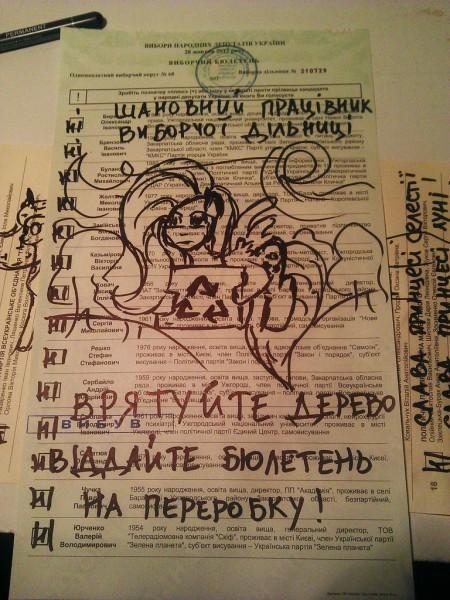In Soviet times, “there was no other Russian country with an alternative system” to which Russians could go while remaining in their own cultural world, Ihor Zhordan says. “East Germany had the West, and North Korea, the South.” But Russians could go only to Israel or the West. Aksyonov’s “’The Island of Crimea’ remained only a literary image.”
Now, however, Russians have just such an alternative in Ukraine, a place they can go while remaining in a familiar cultural world, the result of Ukraine’s “transformation from a post-Soviet remnant into a European country, the Russian commentator continues.
Zhordan’s comments come on the heels of Ukrainian Foreign Minister Pavlo Klimkin’s declaration today that “all those who cannot live in the conditions of present-day Russia and who want to come to Ukraine should be welcomed … and it is very important to us that they come here and devote their efforts … to the building of a new European Ukraine.”
Viewed from even a longer historical perspective than the divisions of the cold war, the Russian commentator says, something extremely interesting is happening: “Russian civilization arose out of Kyivan Rus. Then the Horde came which destroyed Kyivan Rus and at the same time sowed the seeds out of which grew Muscovy.”
Over time, he continues, “Muscovy grew into an empire” which suppressed the personalities of its subjects. It “was able to destroy Novgorod the Great which was its alternative,” and for centuries, maintained itself as a political-cultural community to which there was no obvious alternative left standing.
“However, all empires are mortal because in the final analysis they lose in competition with their dynamic neighbors,” and “at the same time, in Muscovy inevitably arose personalities who although harmed by this system” came to adopt values opposed to those of Muscovy but reflected those of Kyivan Rus and then Novgorod the Great.
Ever more Russians are coming from Russia to Ukraine, and while they are very aware of Ukraine’s shortcomings, “the spirit of freedom” allow them to recover “feelings of their own dignity” and become “passionate patriots of Ukraine,” Zhordan says.
“This means,” he says, “that we are in a great historical period. On the one hand, the twilight of Muscovy is occurring, the fall of the imperial ‘House of Usher.’ And at the same time, the restoration of Kyivan Rus is taking place on a new turn of the historical spiral in the form of free Ukraine.”








